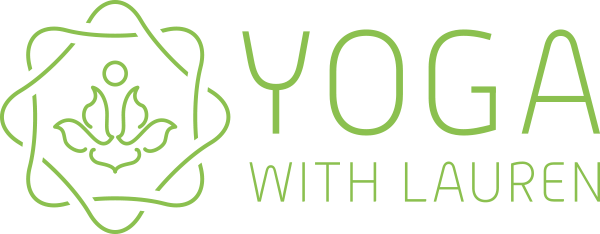Ahimsa means not causing harm: to ourselves or others, in thought, word or deed, or through our inactions.
It is the first of the 10 precepts of yogic life practice that make up the Yamas (restraints) & Niyamas (observances) in Patanjalis 8 Limbs of Yoga. These guidelines are far less prescriptive than the Christian ’10 commandments’ and have a lot in common with the Buddhist ‘paramitas’. They can be though of as ethical disciplines that we are invited to experiment with, to notice the effect they have in our lives, physically, mentally, energetically & emotionally.
As we begin to live in alignment with these precepts, we might notice that our time is freeing up, there is more breathing space in our lives. We might realise that we need less than we previously thought, we might find more peace & deeper contentment.
Yamas (restraints)
Ahimsa (non harming) Satya (truthfulness) Asteya (non stealing) Brahmacharya (moderation) Aparigraha (non possessiveness)
Niyamas (personal observances)
Saucha (cleanliness) Santosha (contentment) Tapas (self discipline) Svadhyaya (self study) Ishvara Pranidhana (surrender of the self)
Ahimsa asks us to live with compassion & awareness, to do as little harm as possible. We start with compassion towards ourselves, in our practices both on & off the mat. We can then start to extend this care towards the Earth, all of our fellow humans & all of our fellow creatures.
Many yogis (myself included) believe that a veganic lifestyle is an important part of living the principle of ahimsa. It is also why many of us are increasingly stepping up as Earth protectors & human rights activists, in this time of Climate Crisis & Collapse.
“Ahmisa asks us to step lightly in the world, to do no harm, to honour the relationship we have with the earth, with each other & with ourselves” Deborah Adele ‘The Yamas & Niyamas. Exploring Yoga’s Ethical Practice’

